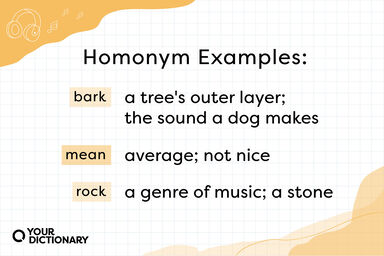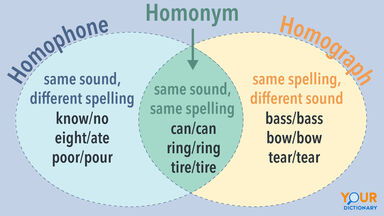Tear Definition
- To be greatly upset or distressed.
- to make violent, pulling motions at in an attempt to tear or remove
- to wreck or demolish (a building, etc.)
- to dismantle or take apart
to tear down an engine
- to attack impetuously and, often, devastatingly
- to be that which brings about final failure, defeat, frustration, loss of patience, etc.
that tears it!
Idioms, Phrasal Verbs Related to Tear
- tear (one's) hair
- tear at
- tear down
- tear into
- tear it
- in tears
Origin of Tear
-
From Middle English teren, from Old English teran (“to tear, lacerate"), from Proto-Germanic *teranÄ… (“to tear, tear apart, rip"), from Proto-Indo-European *derǝ- (“to tear, tear apart"). Cognate with Scots tere, teir, tair (“to rend, lacerate, wound, rip, tear out"), Dutch teren (“to eliminate, efface, live, survive by consumption"), German zehren (“to consume, misuse"), German zerren (“to tug, rip, tear"), Danish tære (“to consume"), Swedish tära (“to fret, consume, deplete, use up"), Icelandic tæra (“to clear, corrode"). Outside Germanic, cognate to Ancient Greek δέρω (derō, “to skin"), Albanian ther (“to slay, skin, pierce").
From Wiktionary
-
From Middle English teer, ter, tere, tear, from Old English tÄ“ar, tÇ£r, tæhher, teagor, *teahor (“drop; tear; what is distilled from anything in drops, nectar"), from Proto-Germanic *tahrÄ… (“tear"), from Proto-Indo-European *dáḱru- (“tears"). Cognates include Old Norse tár (Danish tÃ¥re and Norwegian tÃ¥re), Old High German zahar (German Zähre), Gothic 𐍄𐌰𐌲𐍂 (tagr).
From Wiktionary
-
Middle English teren from Old English teran der- in Indo-European roots
From American Heritage Dictionary of the English Language, 5th Edition
-
Middle English ter from Old English tēar dakru- in Indo-European roots
From American Heritage Dictionary of the English Language, 5th Edition
Related Articles
Tear Is Also Mentioned In
Find Similar Words
Find similar words to tear using the buttons below.





